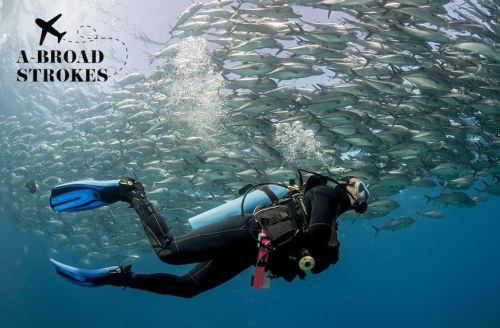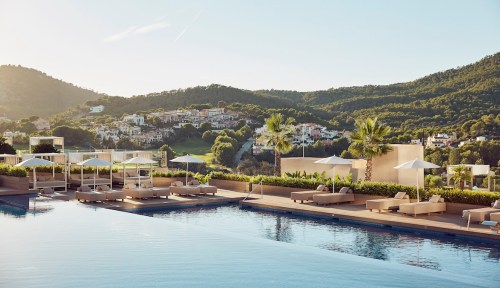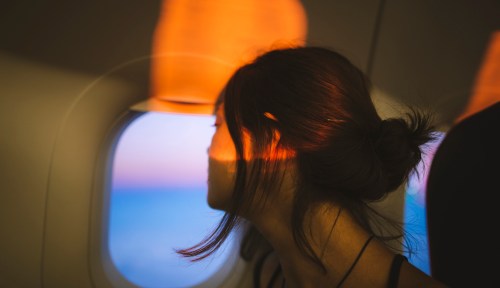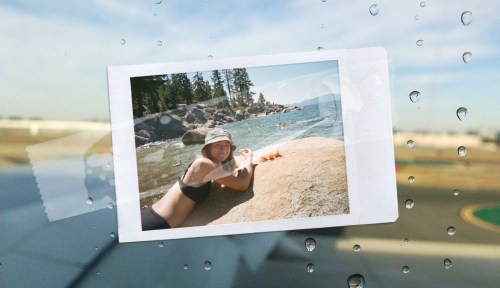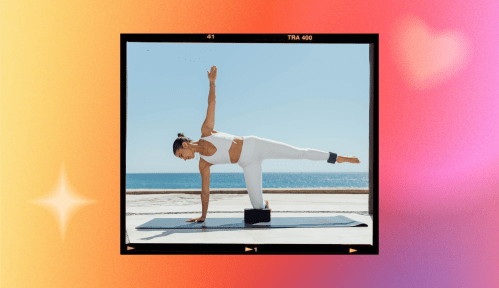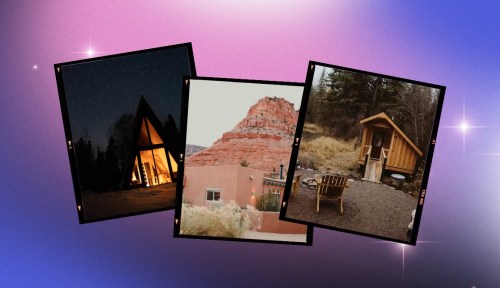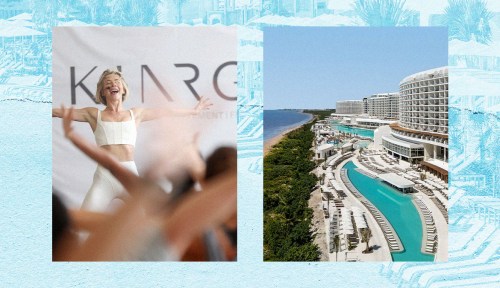When I arrived in Utila, Honduras—one of country’s three Bay Islands, which are located in the Caribbean—I had no intention of scuba diving period, let alone taking a certification course and then scuba diving in Costa Rica soon thereafter. But once I arrived on the Central American island surrounded by soft blue waters, I quickly learned that diving is enmeshed in the area’s tourist culture. Practically everyone I met was taking a course and seemed puzzled as to why I was even visiting if not to dive. So, nervous as I was, I changed my plan—while in Utila, do as Utilia tourists do, right? I enrolled in an open-water diving course for the entry-level certification, and while I wasn’t shocked about how quickly I fell in love with the activity, I hadn’t anticipated the underlying reason why.
From the beginning, I knew diving would be a constant exercise in learning to keep my cool, and the first rule I learned facilitated this: Just keep breathing. It’s simple but something I definitely had to keep in mind in order to stay calm. After all, inhaling underwater after spending your whole life associating such an action with drowning is a strange sensation that can be scary.
I put the rule to good use on my first day when my instructor and I were running through potential underwater mishaps and emergency situations at about 8 to 10 feet underwater. After one of these exercises, I had a panic moment: The instructor had asked me to remove my face mask, take out my respirator and toss it aside, then relocate and re-affix both into place. (Yes, it’s possible to put on a face mask and clear out the water, even when submerged). I finished the task but felt shaken afterward, and having unintentionally swallowed some seawater, I really wanted to cough, or better yet, push to the surface and gulp fresh air greedily.
I gave my instructor a thumbs-up to signal I am not okay, and I want to surface right now. I’ll forever be grateful for his response, but in the moment, it totally pissed me off: He gave me the so-so hand signal to communicate that I am okay and we would not be resurfacing.
Back above ground, I can see the wisdom in forcing me to deal with the situation underwater. Had I resurfaced, I would have stoked my instinct to run when anything goes awry. But in scuba diving, shooting to the surface when small stuff goes wrong isn’t even an option, since doing so can open up risk to over-expansion injuries and decompression sickness. Rather, ascending is meant to be a slow process unless there is an emergency situation—and momentarily losing your respirator doesn’t qualify as an emergency.
In diving, I’ve found an activity that suits my introverted, sometimes socially anxious self, since I’m never alone but always in silence.
A few months later, that lesson stayed with me while I was scuba diving in Costa Rica and my mask flooded while 60 feet underwater. I freaked out as the ocean tried to infiltrate my nostrils, imagining the profundity of water above me and how easy it would be to drown. But then I remembered the No. 1 rule—keep breathing—and inhaled. The resulting flood of relief superseded the literal flood of my mask, and I was able to restore a sense of calmness and re-situate my mask by exhaling sharply to flush out water.
Beyond my growing appreciation for the centering powers of breathing, scuba diving in Costa Rica and Honduras taught me how to simply be at peace in a meditative way I had never experienced before. For example, when I was training, my instructor asked me to practice neutral buoyancy by folding my legs, grabbing each foot with the opposite hand, and adding or removing air from my diving vest, or buoyancy compensation device (BCD), until I found the perfect level that enabled me to hover in the water like Yoda, neither sinking nor rising. With every inhalation, I ascended a few inches, and with every exhalation, I dropped a few inches. I felt perfectly in control, all thanks to the power of my breath. It was, to me, the physical embodiment of feeling centered. And that centering feeling helped to squelch my fears in could-be scary scuba scenarios.
During dives, I’ve seen the sandy ocean floor explode into a cloud as a shy three-foot-wide stingray launched from its hiding place and flew past me me. I’ve swam through schools of brightly colored fish and hovered low as a trio of sharks paced around me in curiosity. In diving, I’ve found an activity that suits my introverted, sometimes socially anxious self, since I’m never alone but always in silence. Communication is limited to diving companions pointing excitedly at a really cool sea creature and the occasional check-in using the “okay” gesture.
But the most unexpected joy of diving has been its meditative properties. Not only have I gained a new way of viewing the world, but also I’ve exercised my muscle and capacity for tranquility in unforeseen difficult situations. Diving, it turns out, is downright poetic.
Staying in Costa Rica for a bit? Here’s how to embrace the “pura vida” lifestyle. Want more scuba intel? Here are the best spots for dives, worldwide.
Sign Up for Our Daily Newsletter
Get all the latest in wellness, trends, food, fitness, beauty, and more delivered right to your inbox.
Got it, you've been added to our email list.
